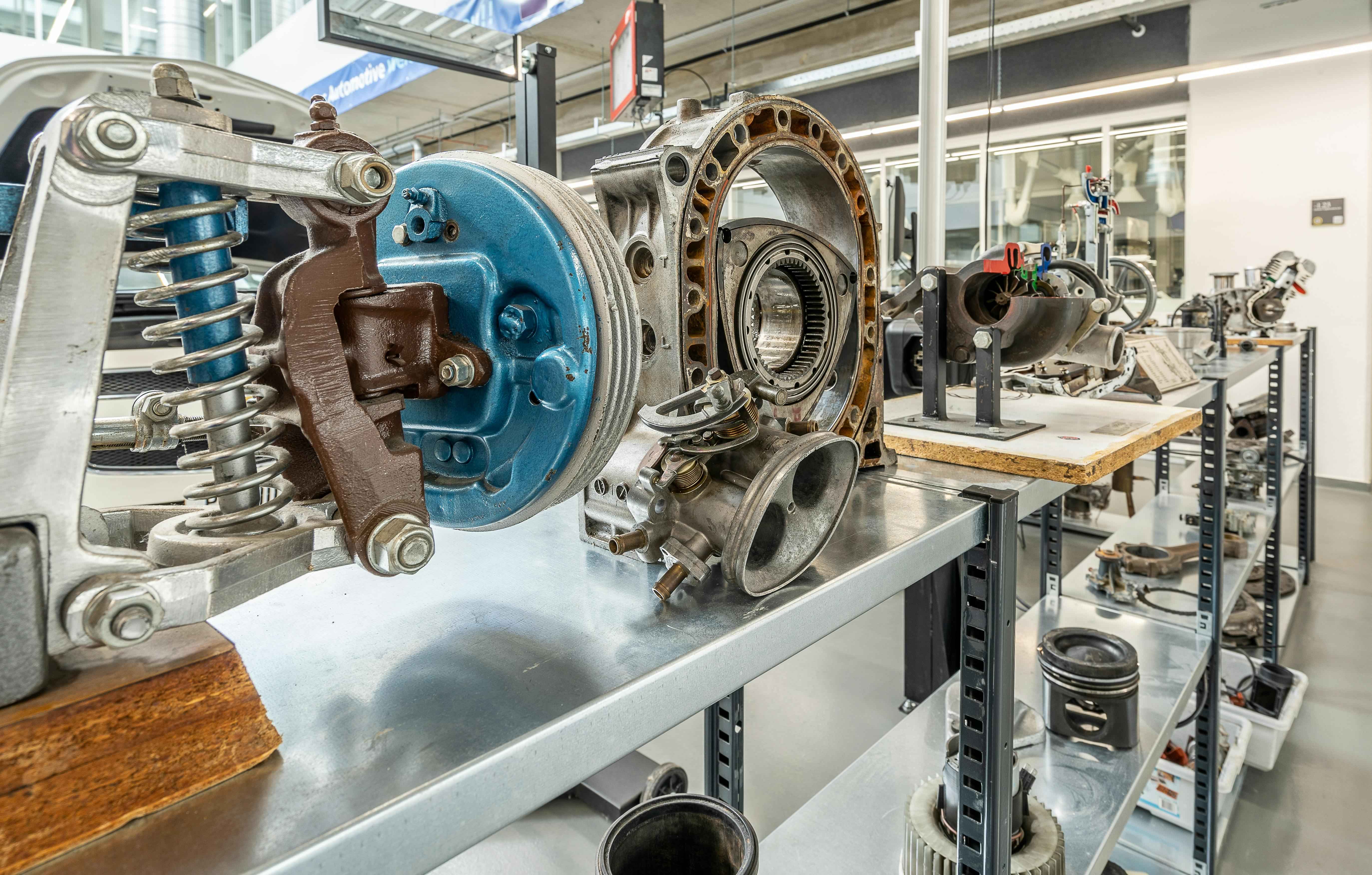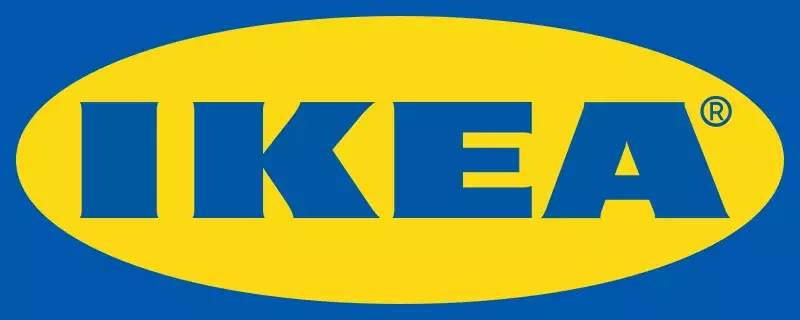Traditionally, manufacturing companies have focused on B2B sales, relying on Enterprise Resource Planning (ERP) systems to manage operations.
However, many small and medium-sized manufacturers are also exploring B2C sales.
While ecommerce is often associated with B2C and consumer goods, it can also be a powerful tool for manufacturing and distribution businesses as well.
You’re probably aware of the potential of ecommerce to reach both business and consumer markets. However, effectively serving these different customer segments requires careful consideration since B2B and B2C customers have different priorities.
Business customers are focused on product specifications, pricing, delivery and payment terms, often involving multiple decision-makers and prioritising long-term partnerships.
On the other hand, end consumers prioritise product features, price, convenience and brand image,often making quicker decisions based on online reviews and social media.
If you're a manufacturer struggling to effectively showcase your extensive product ranges to diverse audiences, using a B2B ecommerce platform and its smart features can make a significant difference.
By categorising products according to customer segments, using technology to personalise product displays, and providing clear, detailed descriptions, you can address these challenges efficiently and enhance your overall presentation.








